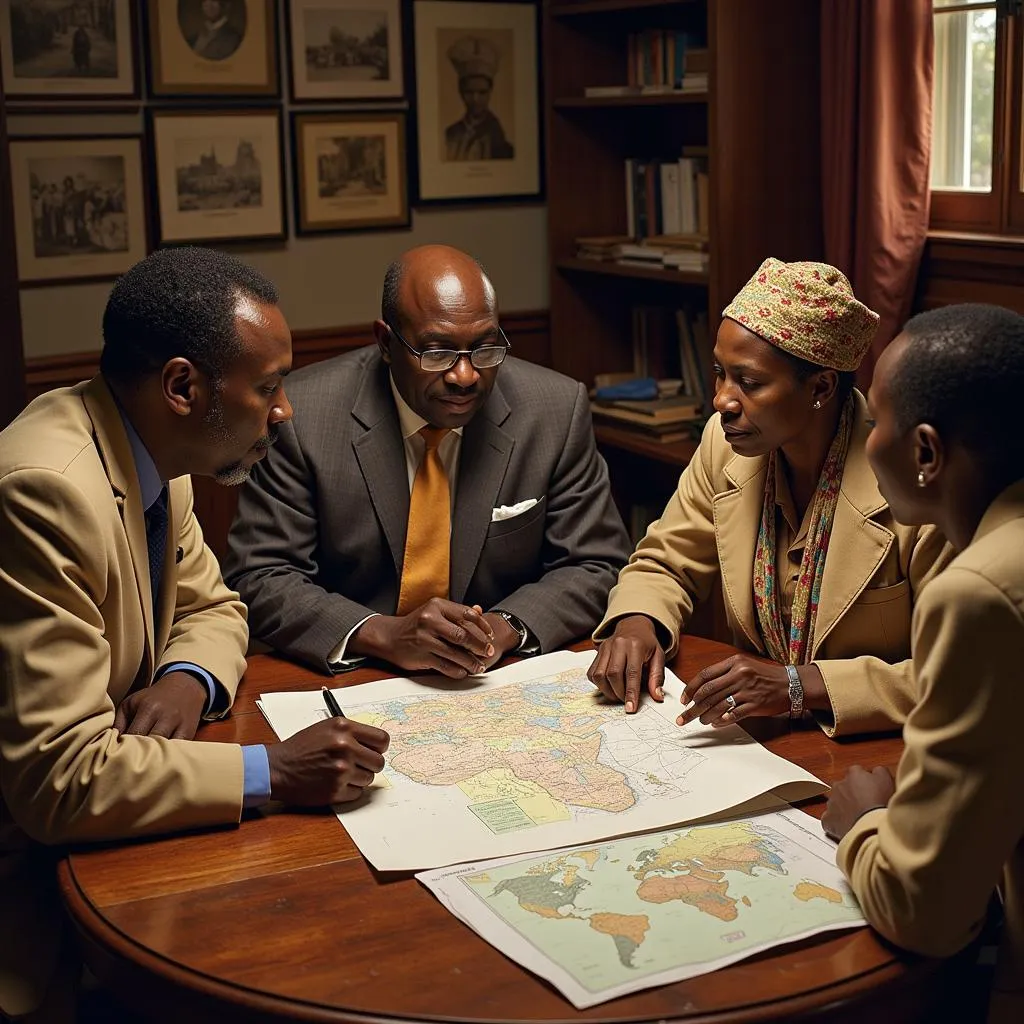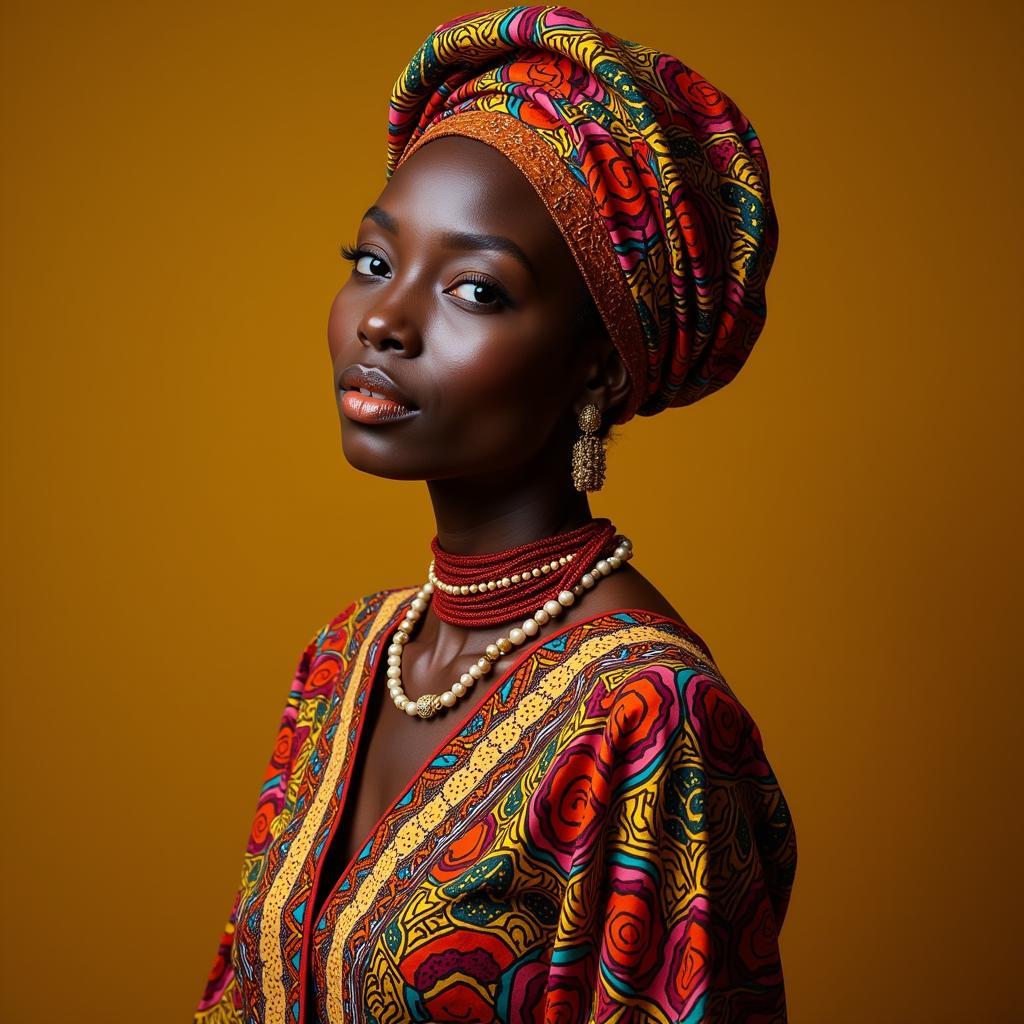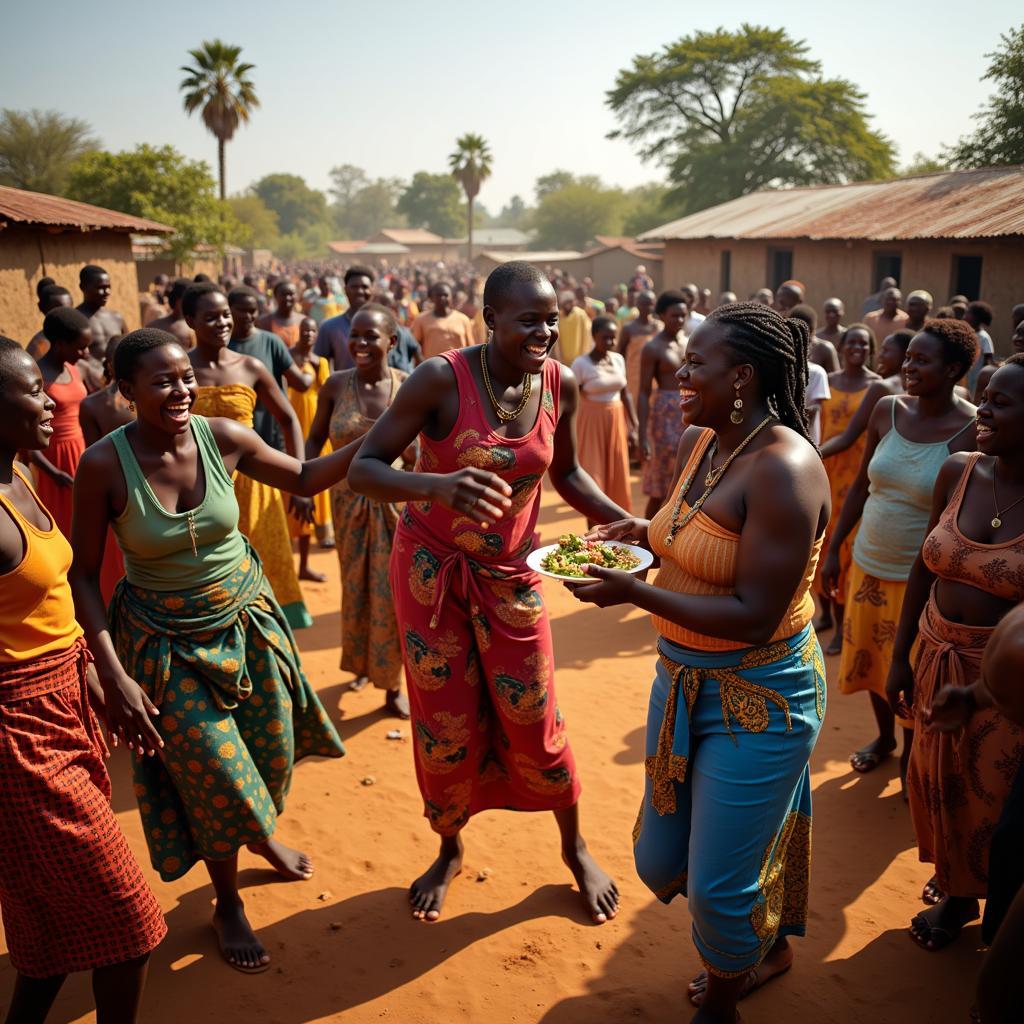A Timeline of African American Female Sports History
African American female sports history is a rich tapestry woven with threads of triumph, resilience, and groundbreaking achievement. This timeline explores the remarkable journey of Black women in sports, highlighting their contributions and the ongoing struggle for equality within the athletic arena.
Early Pioneers: Breaking Barriers and Setting the Stage
Before the glitz and glamour of professional sports, Black women were already making strides, often facing overwhelming prejudice and societal barriers. From the segregated playgrounds to the few integrated spaces, their passion for sport burned brightly. Ora Washington, dominating tennis courts in the 1920s and 30s, became a legend despite being excluded from white-dominated tournaments. Similarly, Alice Coachman, a high jumper facing discrimination at every turn, soared to Olympic gold in 1948, becoming the first Black woman from any nation to achieve this feat. These women, and countless others whose names may be lost to history, laid the foundation for future generations.
The Struggle for Recognition: Civil Rights and Sporting Equality
The Civil Rights Movement profoundly impacted the landscape of sports in America. As Black Americans fought for equality in all aspects of life, Black women athletes challenged the status quo within the sporting world. The struggle was intertwined – as barriers fell in society, they began to crumble in sports, albeit slowly. Wilma Rudolph, overcoming childhood polio, became a track and field sensation, capturing three gold medals at the 1960 Rome Olympics, inspiring millions with her speed and grace.
Title IX and Beyond: Opening Doors and Expanding Opportunities
The passage of Title IX in 1972 was a watershed moment for women’s sports in the United States. While it wasn’t a magic bullet, it provided legal backing for greater access to athletic opportunities for women, including Black women. This led to the growth of women’s collegiate sports programs and paved the way for the rise of professional leagues. We began to see more Black women athletes in a wider variety of sports, from basketball and tennis to golf and track and field.
Breaking Records and Making History: African American Women at the Forefront
From the tennis courts to the basketball courts, the golf course to the track, African American women continued to make their mark. Althea Gibson, breaking the color barrier in tennis, won Wimbledon and the U.S. Open in the late 1950s, paving the way for future stars like Serena and Venus Williams. The Williams sisters, with their powerful serves and dominating presence, have transcended sport, becoming global icons and role models.
Challenges Remain: Intersectionality and the Fight for Equity
While progress has undoubtedly been made, challenges remain. Issues of intersectionality, where race, gender, and socioeconomic status intersect, create unique hurdles for Black women athletes. Pay disparities, lack of media coverage, and limited sponsorship opportunities persist. The fight for true equity continues, both on and off the field.
Conclusion: A Legacy of Strength and Inspiration
The african american female sports history timeline is a testament to the power of perseverance, the pursuit of excellence, and the ongoing fight for equality. From the early pioneers who defied expectations to the contemporary athletes who continue to shatter records and inspire millions, Black women have shaped the landscape of sports in profound ways. Their stories deserve to be celebrated, their contributions recognized, and their fight for equity supported. The journey continues, and the future is bright.
FAQ
- Who was the first African American woman to win an Olympic gold medal? Alice Coachman.
- What impact did Title IX have on women’s sports? It provided legal backing for greater access to athletic opportunities.
- Who broke the color barrier in professional tennis? Althea Gibson.
- What challenges do Black female athletes still face today? Pay disparities, lack of media coverage, and limited sponsorship opportunities.
- Why is it important to learn about African American female sports history? To understand their contributions, struggles, and continued fight for equality.
- Who are some prominent contemporary Black female athletes? Serena and Venus Williams, Simone Biles, Candace Parker.
- How can I support Black female athletes? By attending their games, advocating for equal pay and media coverage, and supporting organizations that promote diversity in sports.
Need support? Contact us 24/7: Phone: +255768904061, Email: kaka.mag@gmail.com or visit us at Mbarali DC Mawindi, Kangaga, Tanzania.


